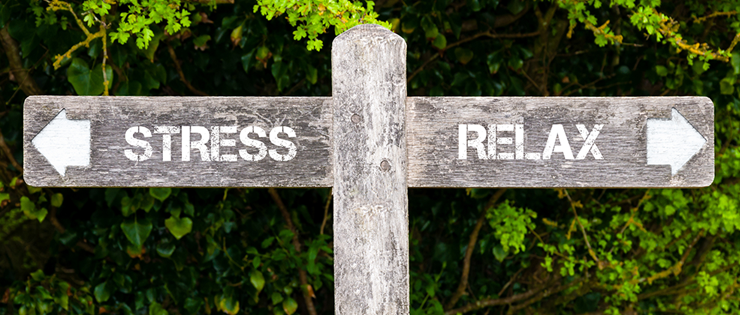
We’ve all done it at least once or twice (or more) – allowed ourselves to become really upset about something that with the benefit of hindsight, really wasn’t that bad or that important.
And we’ve all been told before – not to sweat the small stuff.
But never in the history of people losing their cool has someone calmed down by being told to calm down! Or to take a chill pill!
So how can we bring that hindsight in to the present and learn how to keep our cool when the “you know what” hits the fan? How can we save our “sweating” for the really serious stuff; for those times when it’s really warranted?
Well, today I’m happy to suggest to you these psychological antiperspirants; sweat solutions for the stress-head and worry-wart!
- Firstly, remember that sweating is a normal and healthy human behaviour. Just like real sweat serves an important purpose, it helps maintain body temperature and helps us cool down, so too does “psychological sweating” (that is, worrying and stressing and feeling any one of the many “negative emotions”) serve a useful purpose. It tells us something’s wrong and we need to do something about it!
- So, acknowledge and accept this warning sign and try to identify what’s the cause. The clearer we are about what the problem is the more likely we are to be able to determine what a solution might look like
- Ask yourself one or more of the following questions:
- Is it really that bad?
- On a scale of 1 to 10, where 10 is the worst possible thing I can imagine, how bad is this really?
- Will I still be upset about this in 5 days, 5 weeks, 5 months or 5 years?
- Even if it is a real problem, is there anything I can do about it?
- Now this last question, with its focus on control is something that tends to separate those who cope well from those who don’t cope quite as well. Which leads to another set of helpful questions:
- Is there anything I can do about this?
- If there isn’t anything I can do, then there’s no point in worrying? Instead, maybe I’d be better off focusing on accepting the reality, whatever it is
- If there is something I can do then do it! If I can change the situation, let’s change it; if I can solve the problem, let’s solve it; if I can change the way I think about the problem and/or what it means to me then let’s rethink things; if someone else can help me, let’s ask them
- And we’ve all heard a lot in recent years about mindfulness and meditation – because they work! Practising these over the long term and developing our skills BEFORE stress hits is highly recommended and has been proven to be associated with better physical and mental health. Although PhD’s could and have been written about how and why they work in short, mindfulness helps by allowing us to observe without judgement. So negative events will still happen, but we’ll be significantly less likely to overreact or to react in unhelpful ways. Meditation and relaxation strategies can also, not surprisingly, help us calm down quicker if and when we do get upset
In conclusion, then, be prepared for bad things to happen; because they will! But not every stressful event is a full-blown catastrophe. In fact, most day-to-day upsets will be forgotten within hours or days. Remember this, and you’ll be well on your way to saving your sweating for those really “hot” issues.